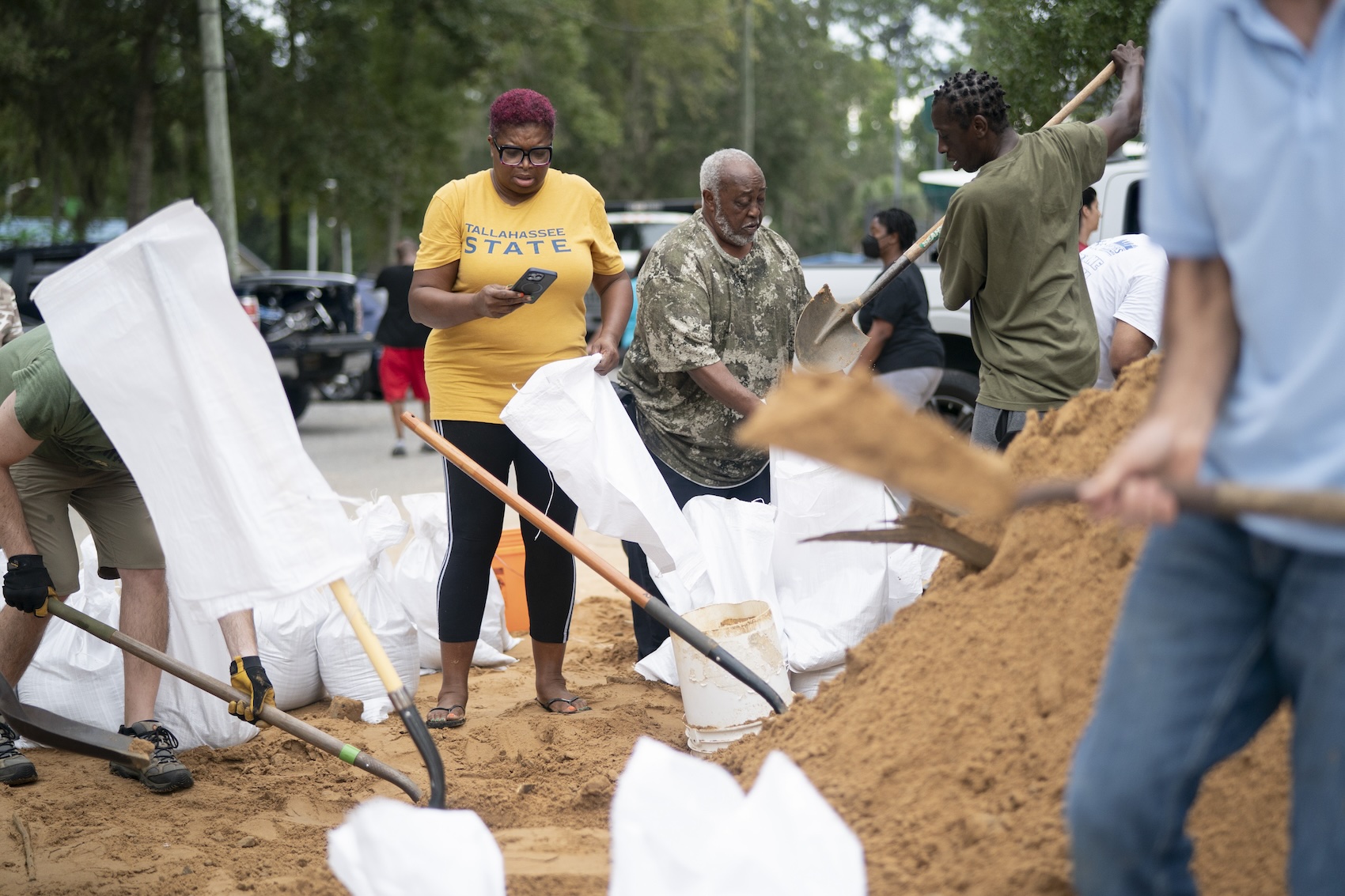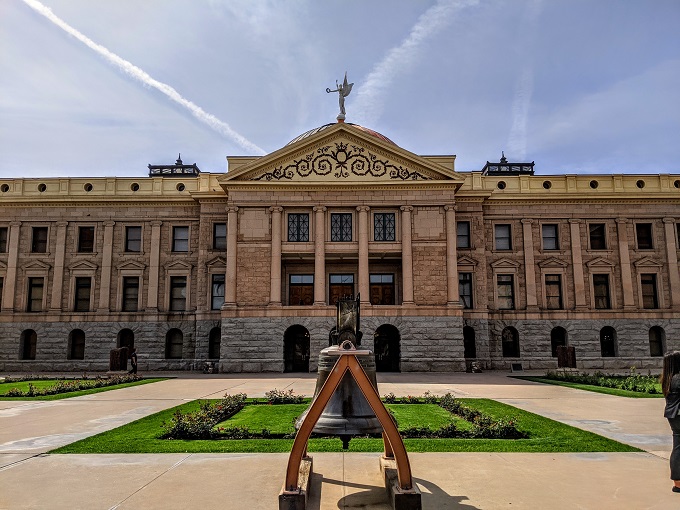Originally by Adam Mahoney at capitalbnews.org
As Hurricane Helene barrels across the Southeast, Black communities in Florida, Georgia, and Alabama face devastating floods and power outages, with concerns mounting over inadequate post-disaster resources.
All but one of Florida’s counties were placed under a state of emergency, and tens of thousands of people living in the state’s coastal communities, which are disproportionately Black, were forced to evacuate. Just like the other massive climate change-fueled storms of recent years in the Gulf of Mexico, Helene underwent rapid intensification and ballooned to become one of the widest storms ever recorded.
This hurricane season, the National Oceanic and Atmospheric Administration has been instrumental in protecting Black Southerners, but Project 2025 wants to turn the free weather service into something you pay for like Netflix.
Historically, the quickly changing storm would cause serious issues for government officials to share accurate and timely information. But this time around, the Southeast has been able to follow climate science to guide its responses. By evacuating residents and attempting to fortify coastal buildings before the storm, Florida’s disaster preparedness plan will potentially help save thousands of lives, and it’s guided by NOAA.
Read More: NOAA Predicts a Record Hurricane Season. Will Black Communities Be Protected?
The storm’s potential to exacerbate long-standing racial and environmental inequities adds urgency to calls for better emergency preparedness. Hurricane Ian, the most costly storm in U.S. history, laid bare how Florida’s racial inequalities can fuel deaths during weather disasters.
As it stands, NOAA, the nation’s main weather service, is one of the few resources communities can access when attempting to understand how a major storm or wildfire may impact them. Every year, the agency saves hundreds of lives with its weather alerts.
However, the conservative agenda known as Project 2025 says the services should be disbanded and privatized. “Together,” the Project 2025 agenda reads, “these form a colossal operation that has become one of the main drivers of the climate change alarm industry and, as such, is harmful to future U.S. prosperity.”
Project 2025 calls for NOAA to be privatized. If the plan is instituted, arguably no group would feel a starker impact than Black Southern communities, which are often at the mercy of quickly developing and changing storms and typically have less financial resources to prepare for storms before they arrive and flee when they’ve become unhinged.
“What NOAA, and the National Weather Service, do is really lifesaving in terms of providing data and making it freely accessible to vulnerable communities,” said Rachel Cleetus, policy director with the Climate and Energy program at the Union of Concerned Scientists. “Project 2025 is trying to remove these public health safeguards, and it is going to have a disproportionate effect on our communities that have a greater exposure to these kinds of environmental risks.”
Cleetus pointed out that even forecasters for local news stations and local officials are wholly dependent on NOAA data. NOAA offers “very location-specific information that is being shared and that can help people protect themselves by giving them advanced warning,” she said.
Even as former President Donald Trump has tried to separate himself from Project 2025, his Republican allies in Congress have put forth their own plan to weaken the agency. The separate Republican proposal introduced in the House last year calls for transforming NOAA into an independent agency; this would allow for stronger political and corporate influence of the currently nonpartisan federal agency.
Read More: Project 2025 Wants to Kill a Solution to Alabama’s Sewage Problem
While the current Republican platform does not mention weather or climate, almost every science and environmental agency faced rollbacks and budget cuts during the Trump administration. Scientists were sidelined and forced out, and NOAA even faced a reputation hit as Trump’s White House made false claims about the severity of certain storms.
J. Marshall Shepherd, director of the University of Georgia’s Atmospheric Sciences Program, declined to speak about the potential impact of Project 2025 and the Trump administration on weather forecasting. Still, last year, he explained that even though the country has a “robust warning system,” federal officials need to “do a better job of understanding how people are consuming information” because it sometimes fails to reach the most impacted, particularly those living in rural communities. For that reason, experts believe the agency needs more funding, not less.
“It’s really unfortunate that as a whole, our nation is not investing enough in proactive climate resilience and making sure that it’s targeting it to communities that have often been left behind and disadvantaged,” Cleetus said. “We’re responding to these too much in a post-disaster framework, and that is a very traumatic way for our vulnerable communities to deal with climate change and these extreme disasters that are worsening.”
Read the Original Story





